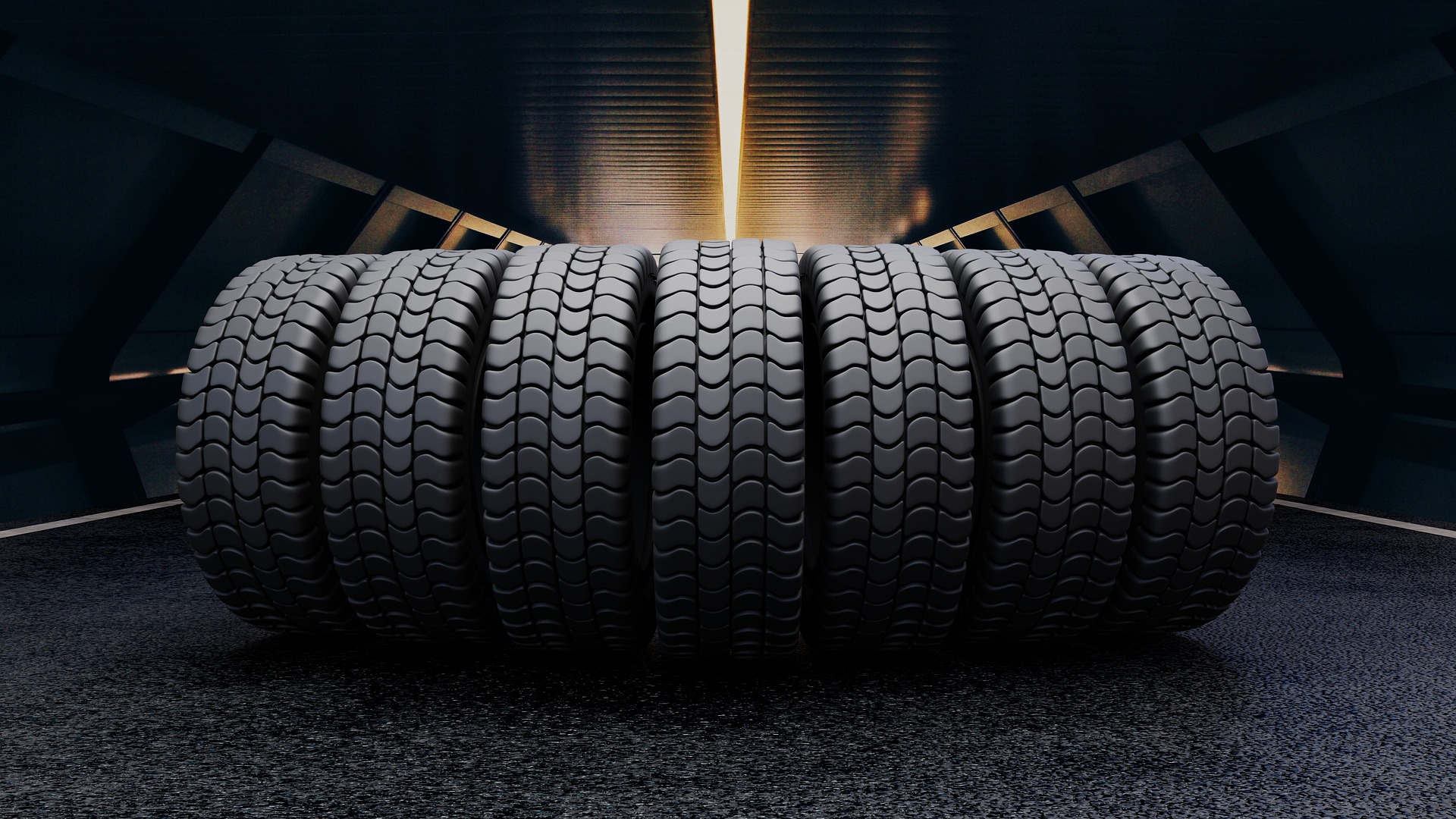Understanding Michelin Tire Pricing and Key Considerations
Michelin tires represent one of the most recognised brands in the global tire industry, known for their quality engineering and performance across various vehicle categories. Understanding the pricing structure of Michelin tires involves examining multiple factors that influence cost, from manufacturing technology to market positioning. For New Zealand consumers, navigating Michelin tire pricing requires awareness of local market conditions, import costs, and the specific tire requirements for diverse driving conditions across the country's varied terrain.
What Factors Affect Michelin Tire Price Points?
Several key elements determine Michelin tire pricing across different product lines. Manufacturing technology plays a significant role, with advanced rubber compounds and construction methods increasing production costs. Michelin’s investment in research and development, particularly in areas like fuel efficiency and longevity, contributes to higher price points compared to budget alternatives.
Size specifications heavily influence pricing, with larger diameter tires and specialty fitments commanding premium prices. Performance characteristics also affect cost, as high-performance tires designed for sports cars or specialty vehicles incorporate more expensive materials and complex tread patterns. Additionally, production volume impacts pricing, with less common sizes or specialty applications typically costing more due to smaller manufacturing runs.
Market positioning and brand reputation contribute to Michelin’s premium pricing strategy. The company’s focus on quality assurance, extensive testing protocols, and warranty coverage adds value but also increases the final retail price.
What Are the Typical Michelin Tire Price Ranges?
Michelin tire pricing in New Zealand varies considerably based on tire category and size specifications. Passenger car tires typically range from approximately $200 to $600 per tire, depending on the specific model and size requirements. Entry-level Michelin models designed for standard passenger vehicles generally fall within the lower end of this range, while premium performance tires reach higher price points.
SUV and light truck tires command higher prices, typically ranging from $300 to $800 per tire. The increased material requirements and reinforced construction necessary for heavier vehicles contribute to these elevated costs. Commercial and specialty vehicle tires can exceed $1000 per tire, particularly for large truck applications or specialized industrial use.
Seasonal considerations also affect pricing, with winter tires and all-season models showing price variations based on compound technology and tread design complexity. High-performance summer tires often represent the upper end of passenger tire pricing due to their specialized construction and performance capabilities.
How Do Common Michelin Tire Models Compare in Price?
Different Michelin tire lines cater to various market segments, with corresponding price differences reflecting their intended applications. The Michelin Energy series, designed for fuel efficiency and longevity, typically occupies the mid-range pricing segment for standard passenger vehicles. These tires balance performance with cost-effectiveness, making them popular choices for daily commuting.
The Michelin Pilot series, engineered for high-performance applications, commands premium pricing due to advanced compound technology and specialized tread patterns. These tires target enthusiasts and luxury vehicle owners willing to pay for enhanced handling and performance characteristics.
Michelin’s CrossClimate series, offering all-season capability, falls within the upper-mid range pricing category. The advanced technology required to provide both wet and dry performance across temperature ranges justifies the increased cost compared to single-season alternatives.
| Tire Model | Category | Estimated Price Range (NZD) |
|---|---|---|
| Michelin Energy XM2+ | Passenger All-Season | $180 - $350 |
| Michelin Pilot Sport 4 | High-Performance Summer | $300 - $600 |
| Michelin CrossClimate+ | All-Season Premium | $250 - $450 |
| Michelin Latitude Tour | SUV Touring | $350 - $650 |
| Michelin Defender T+H | Touring All-Season | $200 - $400 |
Prices, rates, or cost estimates mentioned in this article are based on the latest available information but may change over time. Independent research is advised before making financial decisions.
What Strategies Can Maximize Value When Purchasing Michelin Tires?
Several approaches can help consumers optimize their Michelin tire investments while maintaining quality and performance standards. Timing purchases strategically can yield significant savings, as retailers often offer seasonal promotions during slower sales periods or when introducing new model lines.
Purchasing complete sets rather than individual tires typically results in better per-tire pricing and ensures consistent performance characteristics across all wheel positions. Many retailers offer package deals that include mounting, balancing, and disposal services at reduced rates compared to individual service pricing.
Comparing prices across different retailers, including both physical and online options, helps identify competitive pricing. However, consumers should factor in installation costs and warranty coverage when evaluating total ownership costs. Some retailers offer price matching policies that can provide additional negotiating leverage.
Considering tire longevity and fuel efficiency benefits can justify higher initial costs through reduced long-term expenses. Michelin’s focus on durability often results in longer replacement intervals, potentially offsetting higher upfront costs through extended service life.
Understanding Michelin tire pricing requires examining the complex interplay of manufacturing costs, performance characteristics, and market positioning. While Michelin tires typically command premium prices, their reputation for quality and longevity often justifies the investment for consumers prioritizing performance and reliability. New Zealand buyers benefit from researching local pricing options and considering long-term value when making tire purchasing decisions.





